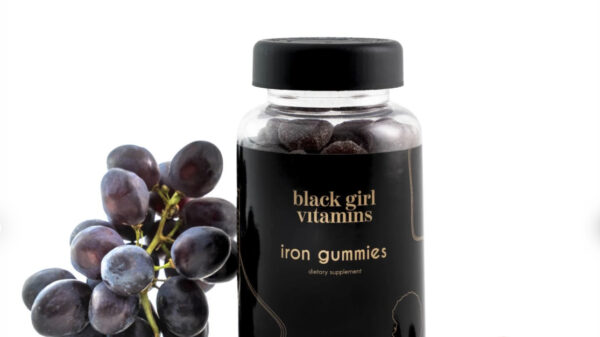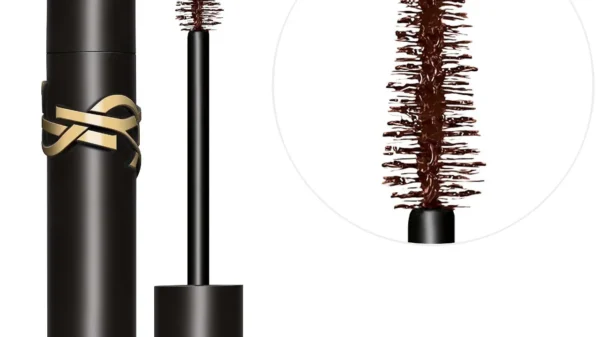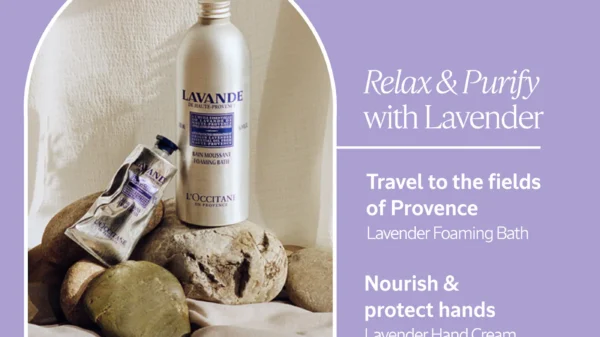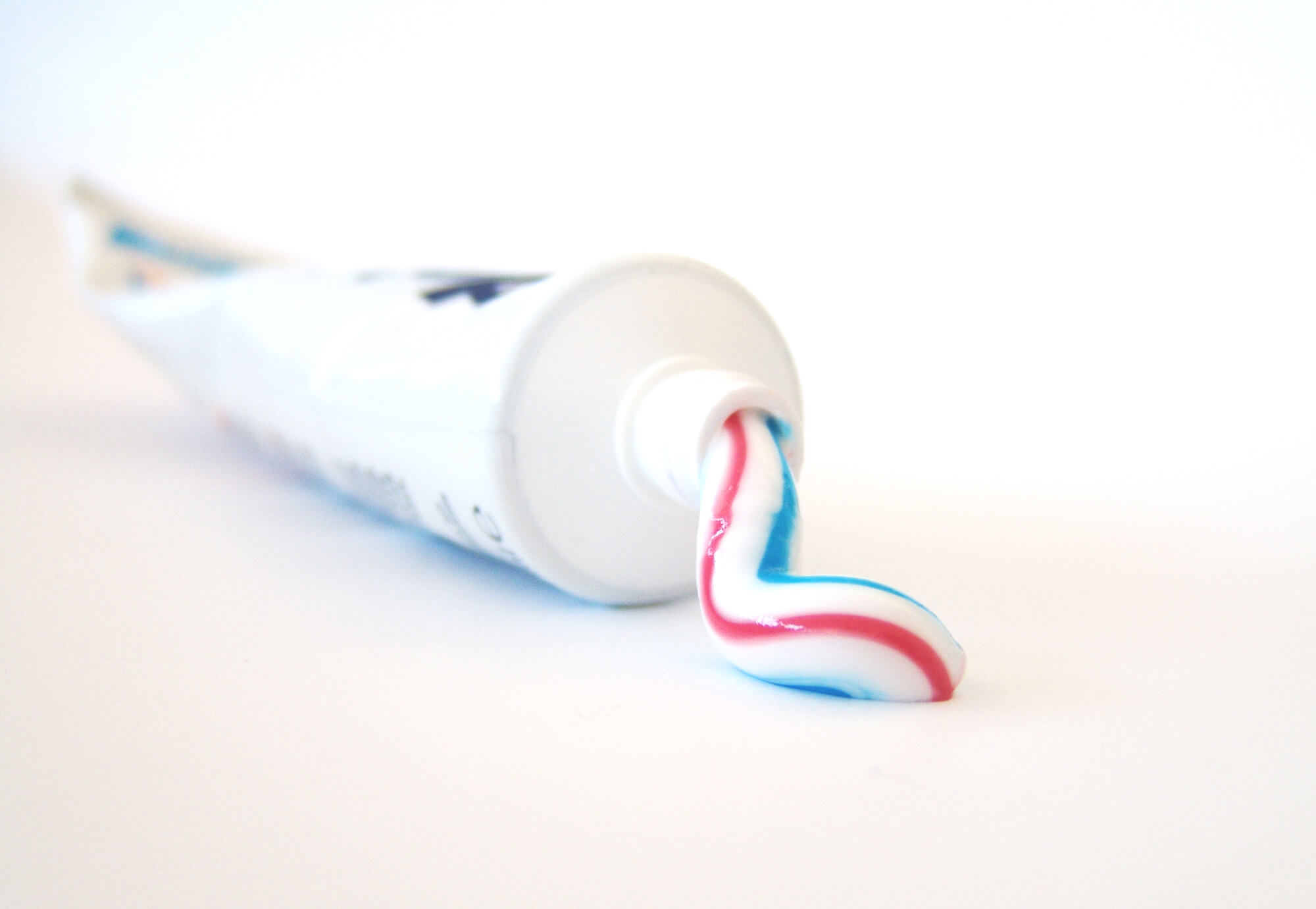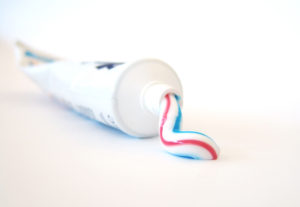News Alert: Carcinogens in Your Toothpaste. Popular toothpastes, even many marketed as “natural” and sold at premium prices, contain harmful ingredients including endocrine disruptors, inflammatory agents, and carcinogens, according to a new report from The Cornucopia Institute, an organic industry nonprofit watchdog group.
Behind the Dazzling Smile: Toxic Ingredients in Your Toothpaste, describes how U.S. regulatory weaknesses and loopholes allow questionable, even harmful ingredients in personal care products such as toothpastes, and how even natural toothpastes often contain nonessential ingredients that may be toxic.
The cosmetics industry is no different, and may be worse, than leading food companies when it comes to gimmicky ingredients and misleading health claims, asserts the reports lead author Jerome Rigot, PhD, a policy analyst at The Cornucopia Institute. However, we have created a useful web-based tool to help discriminating consumers see through marketing hype and make the best decision for their family when buying toothpaste.
The new report and accompanying toothpaste brand scorecard flags ingredients to be avoided, common in natural and premium brands as well as mass-market brands like Colgate and Crest: synthetic preservatives like sodium benzoate and potassium sorbate, surfactants like sodium laureth sulfate, which may contain a toxic, cancer-causing contaminant, and artificial flavors and colors tied to behavioral problems in children.
Many natural toothpaste brands like Toms of Maine, Jason, Desert Essence, and Kiss My Face, contain carrageenan, a thickening and emulsifying agent extracted from seaweed. Peer-reviewed published research has established that food-grade carrageenan has the potential to cause intestinal inflammation, diabetes and even cancer, says Linley Dixon, PhD, scientist at The Cornucopia Institute.
Cornucopia has delivered the reportto Senators Dianne Feinstein (D-California) and Susan Collins (R-Maine), who have introduced new legislation that would require the Food and Drug Administration to evaluate the safety of ingredients in personal care items such as toothpaste, deodorant and shampoo.
The FDA restricts or prohibits only 11 synthetic ingredients in cosmetics, vs. 1300 prohibited and 250 restricted ingredients in personal care products in the EU. Canada, Japan and Europe have banned many hazardous chemicals permitted in U.S. cosmetics. Some American corporations sell toothpastes using different, safer formulations for international markets than they use for the same product sold in the U.S.


